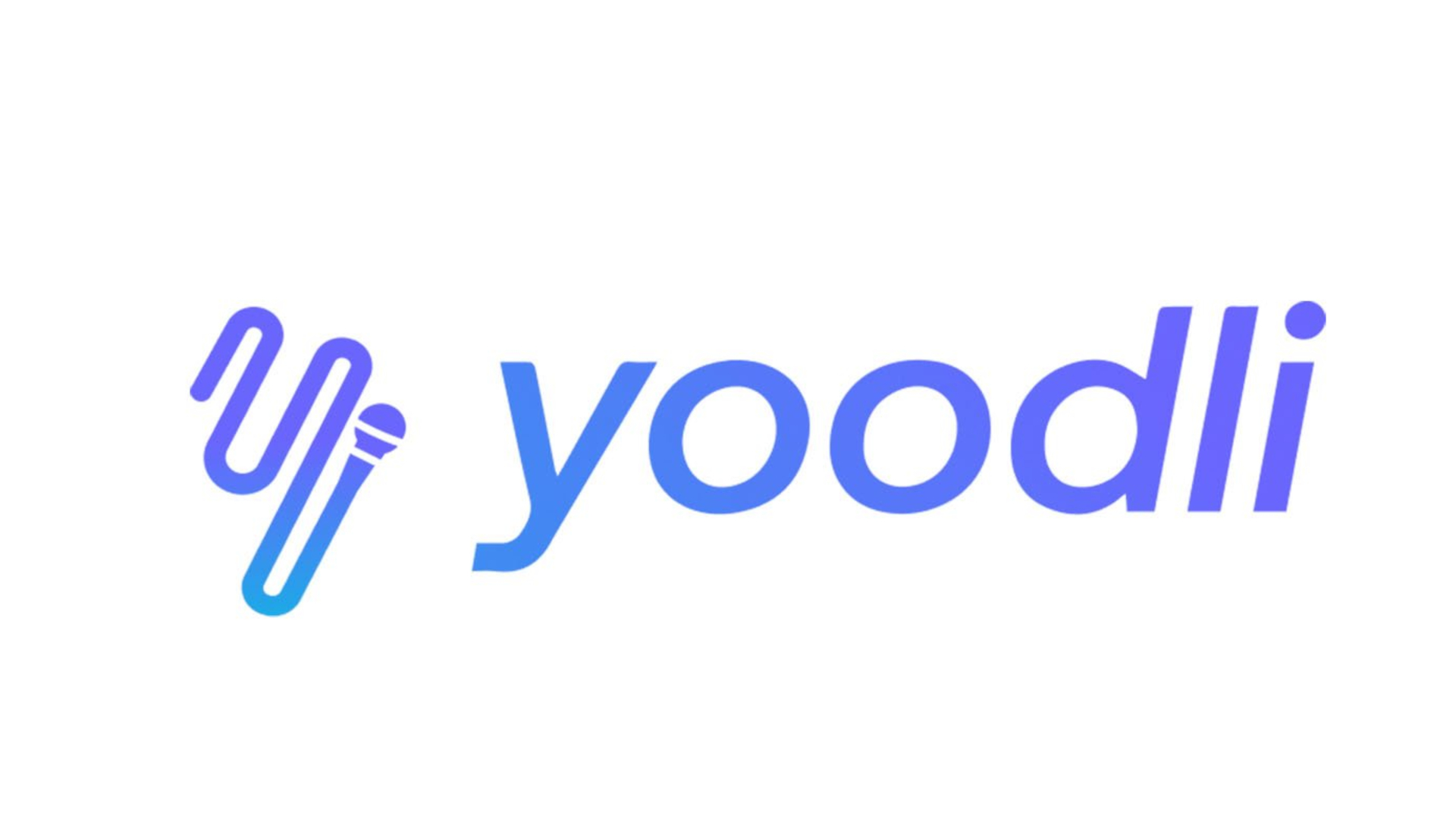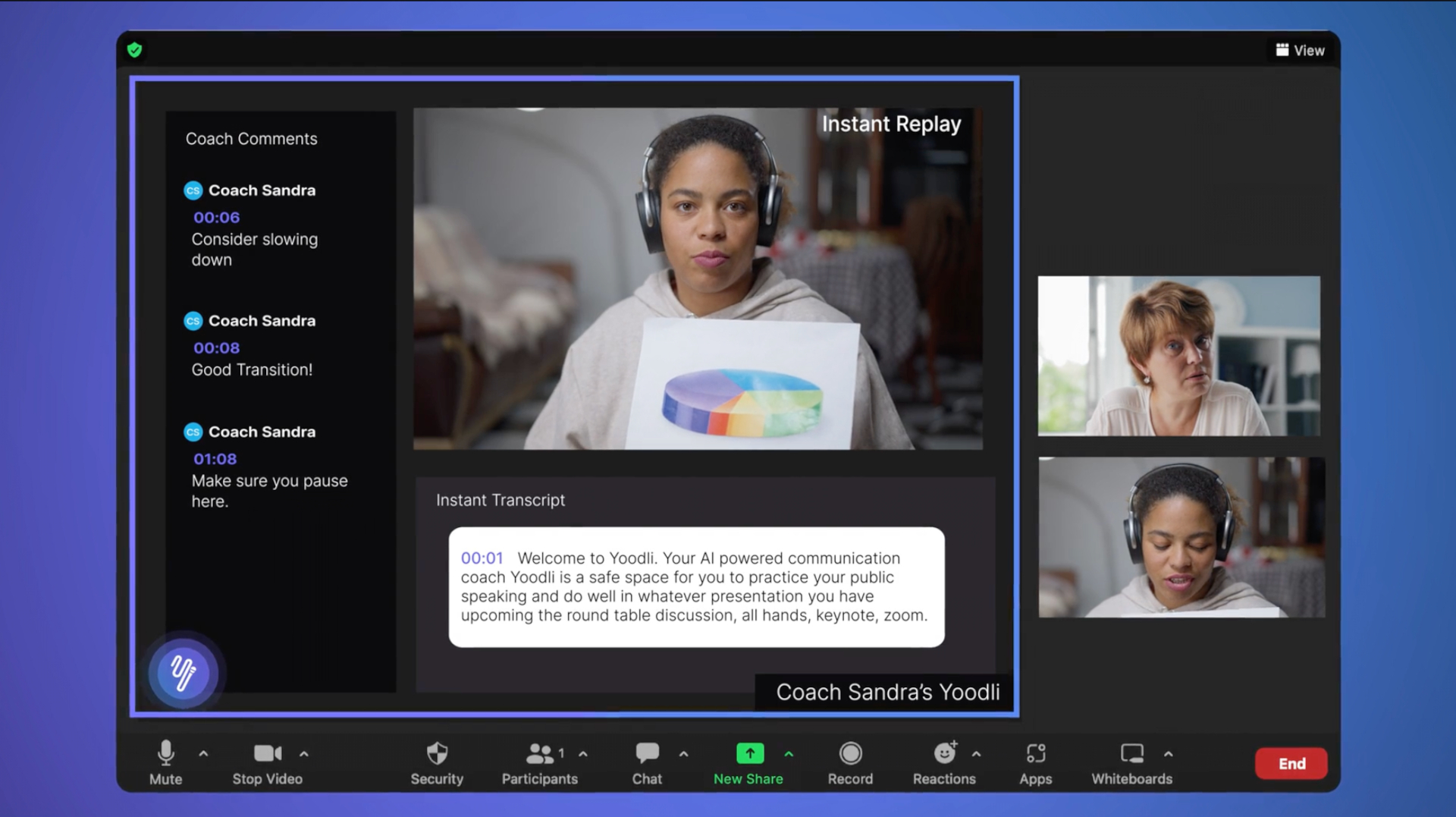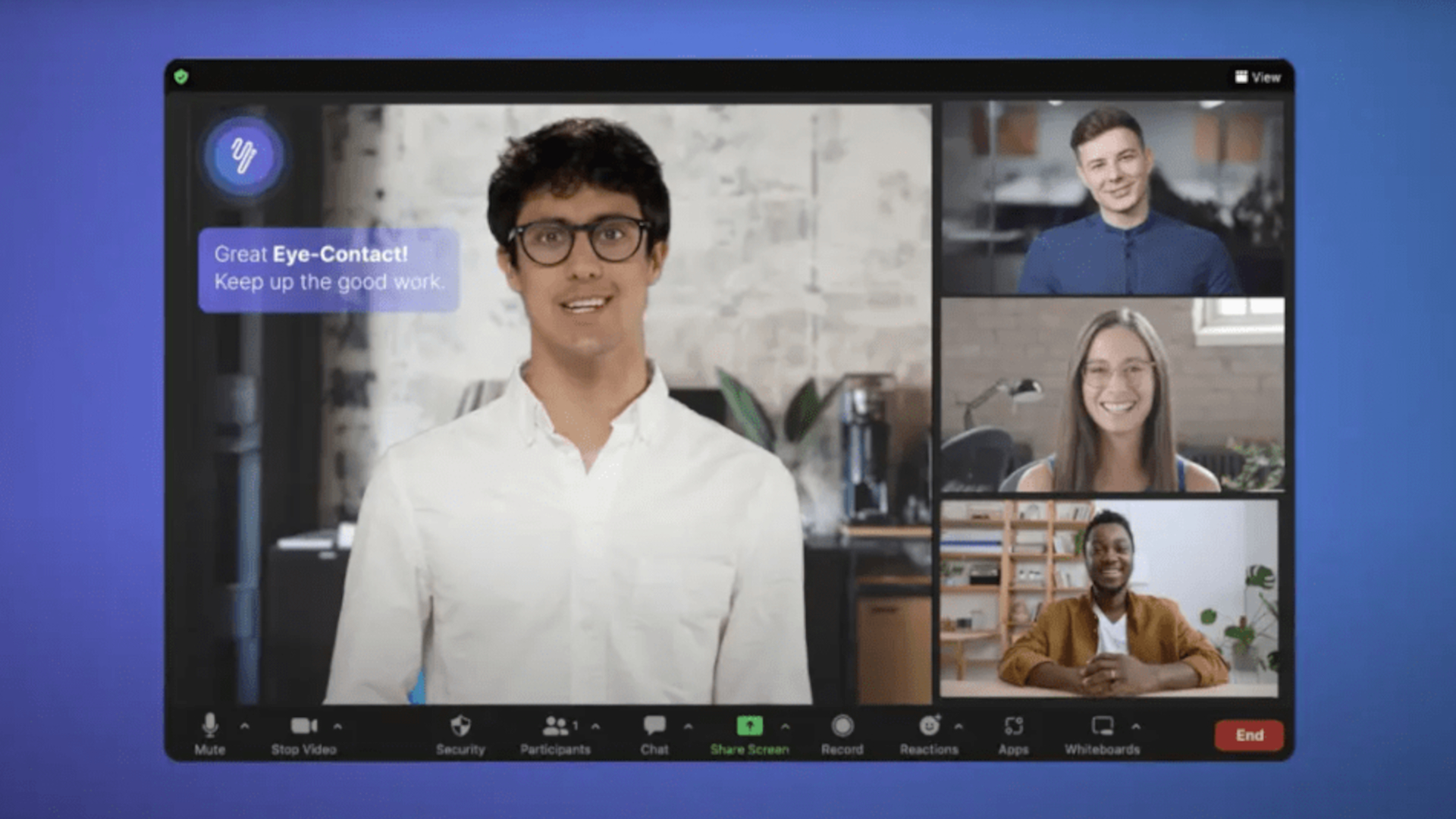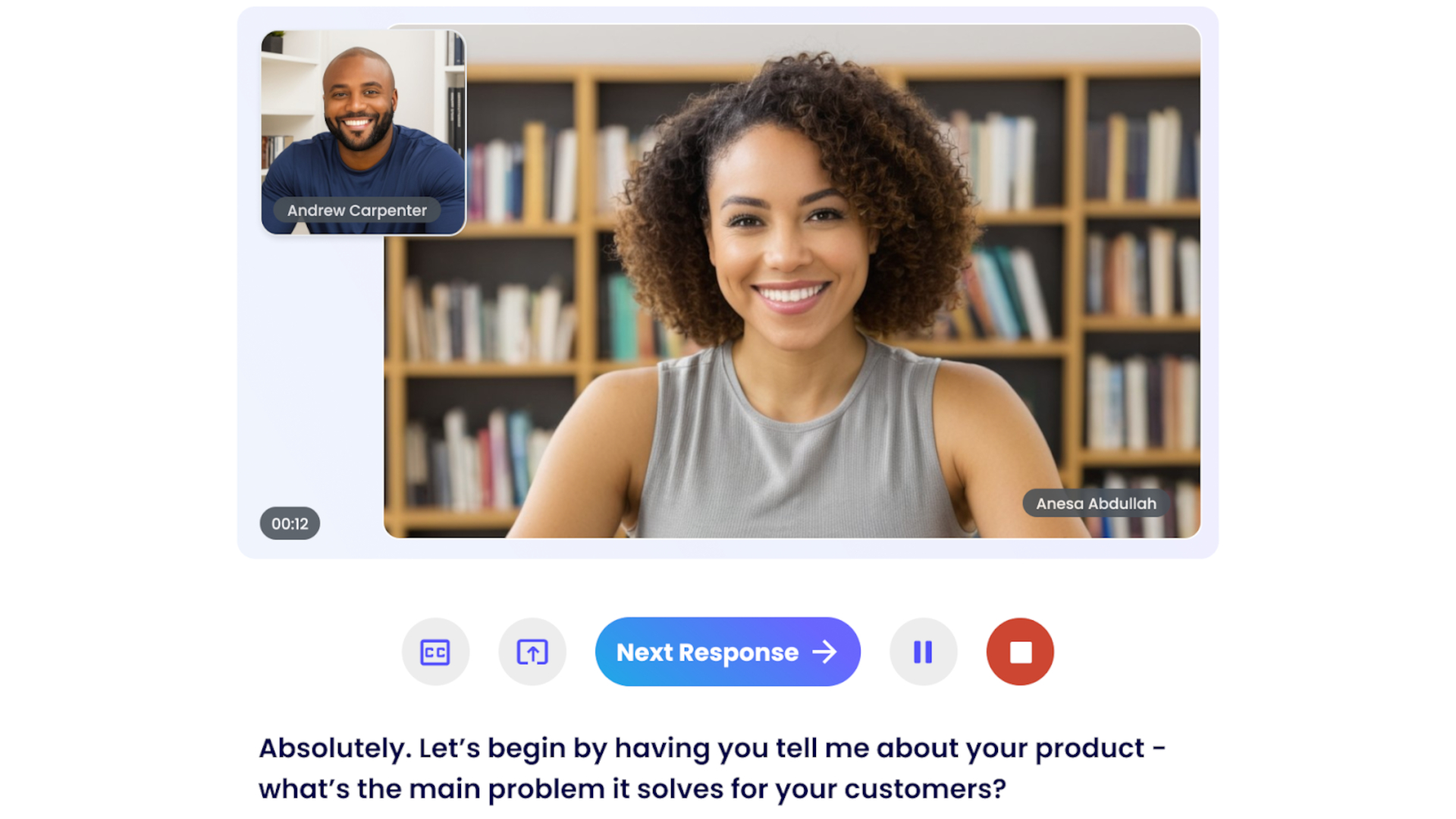What is Yoodli? How to Use It To Teach Public Speaking
Yoodli is an AI speech coach that can help students work on public speaking and more

Tools and ideas to transform education. Sign up below.
You are now subscribed
Your newsletter sign-up was successful
Yoodli is a dedicated AI-powered platform that's all about speech coaching. As such, this can be a useful tool for teachers to take advantage of in the classroom with students.
This is primarily aimed at helping people work on public speaking, getting better at presentations, enhancing interview techniques, and building related skills. But it's also useful for teachers working on speaking in class.
Crucially, this offers a way to practice public speaking in a private capacity before taking that to a more public scenario -- ideal for students who might otherwise struggle in that area.
This guide aims to lay out all you need to know about Yoodli in education.
What is Yoodli?
Yoodli is an AI tool that creates interactive role plays as a way to help people practice public speaking. This is for use in business as well as education, giving it a wide perspective.
In schools this can be helpful for teaching public speaking itself but also as a supplementary tool for working on presentation-focused subjects. It could also be used to help coach debate or forensic speaking teams.
This focuses on English language learning but can also offer support for multilingual students working both on public speaking and English speaking.
Tools and ideas to transform education. Sign up below.
For teachers, by digitizing public speaking, this can offer a way to give direct feedback to students. This can save both teachers and students on time, while building skills.

How does Yoodli work?
Yoodli allows students to record themselves giving a speech, which is then analyzed by the AI to offer immediate feedback.
This is broken down into specific metrics including pacing, filler word use, body language, and word choice, and even provides real-time feedback during practice sessions.
The AI Tutor allows students to have a conversational learning experience during which follow-up questions based on student responses allow for specific learning progress.
For teachers, it's possible to line up specific role-play scenarios and bots to focus on areas that need to be covered.

What are the best Yoodli features?
Yoodli has a really helpful mock interview feature that can be fantastic for students who want to practice for situations such as job or university interviews. Thanks to the AI offering follow-up questions, this can create a real-world scenario, with the safety of being a digital practice space.
The availability of transcripts after interactions is a great touch as this allows students, and teachers, to review and assess what happened, for improvements in the future.
Yoodli can be integrated into the school's LMS, which can make setting assignments and checking student progress a very straightforward process.
Content Spaces are helpful as these allow teachers to create sections for specific skills and lessons. That can mean custom content, specific role-play scenarios, and tailored coachbots to suit what's being taught.
This tool also offers multi-person scenarios, which can be useful for students who want to practice for interviews, for example. This allows them to have questions asked for different perspectives, as if really in a room with several interviewers.

How much does Yoodli cost?
Yoodli offers a few payment options with tiered access including a free basic option.
The Free tier gets you up to five "Yoodlis" practice speech interviews only. This is a useful way to see if the service can work for your class before committing to paying for full access.
The Pro plan, charged at $8/month billed annually, gets you up to 10 role plays per week, advanced analytics tracking and access to the Yoodli user community.
The Advanced plan, at $20/month billed annually, gets you unlimited practice, deeper privacy controls and more advanced analytics.
Yoodli best tips and tricks
Customize feedback
Create custom rubrics to grade students on curriculum criteria, such as key vocabulary or argument structuring.
Role play lessons
Use custom coachbots and role plays to compliment lessons and help with mastery of what's been learned.
Gamify goals
Set challenges for the class, such as cutting filler words, and rate individuals to help motivate positive competition.
Luke Edwards is a freelance writer and editor with more than two decades of experience covering tech, science, and health. He writes for many publications covering health tech, software and apps, digital teaching tools, VPNs, TV, audio, smart home, antivirus, broadband, smartphones, cars and much more.

